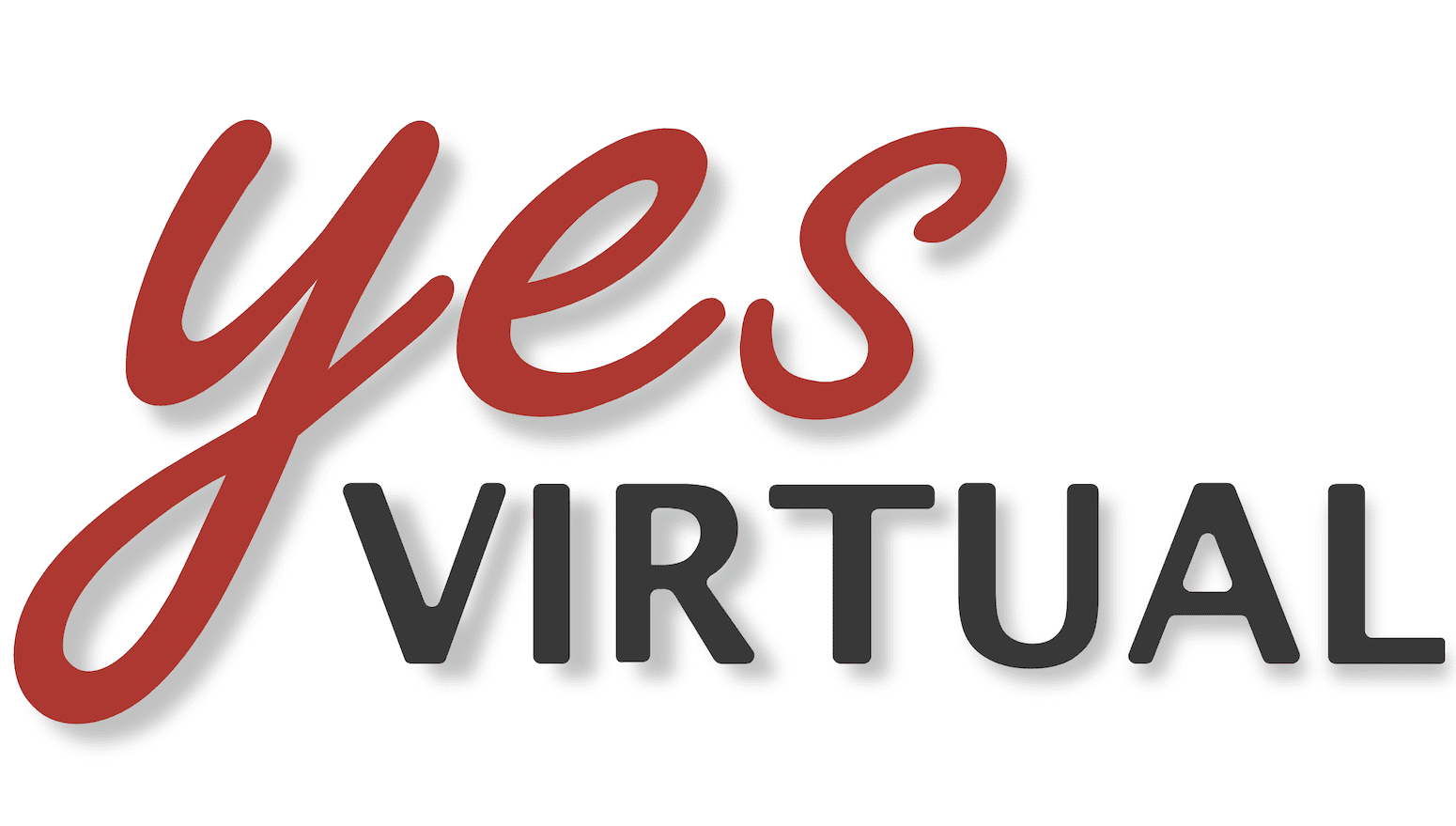Understanding the distinctions between freelancers and virtual assistants (VAs) is crucial for business owners looking to optimize their workforce. Essentially, freelancers are independent professionals who are hired to complete specific projects or tasks within their area of expertise, such as graphic design, writing, or software development. They are often project-focused and may work with multiple clients simultaneously. Freelancers are ideal for tasks that require specialized skills for a short-term duration, providing flexibility and expertise without the long-term commitment of an employee.
Virtual assistants, on the other hand, are generally tasked with ongoing administrative or operational tasks that support a business remotely. They handle routine responsibilities such as scheduling appointments, managing emails, or customer service, acting more like remote employees than project-based workers. VAs can also specialize in areas like social media management or bookkeeping, but they typically maintain a long-term relationship with a client, offering a consistent presence and becoming more integrated into the daily workings of the business.
When choosing between a freelancer and a virtual assistant, consider the nature of the work and the level of engagement required. If your needs are project-specific and require expert-level output in a particular field, hiring a freelancer may be the best choice. However, if you are looking for someone to handle ongoing tasks and help manage the operations of your business more smoothly, a virtual assistant would likely be more suitable. Both freelancers and VAs can significantly enhance your business productivity, but their roles and contributions will differ based on your specific requirements.
